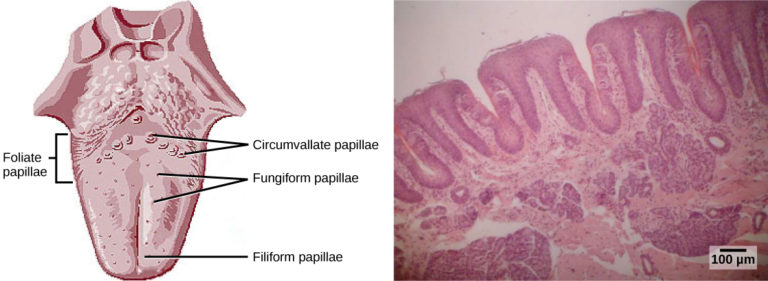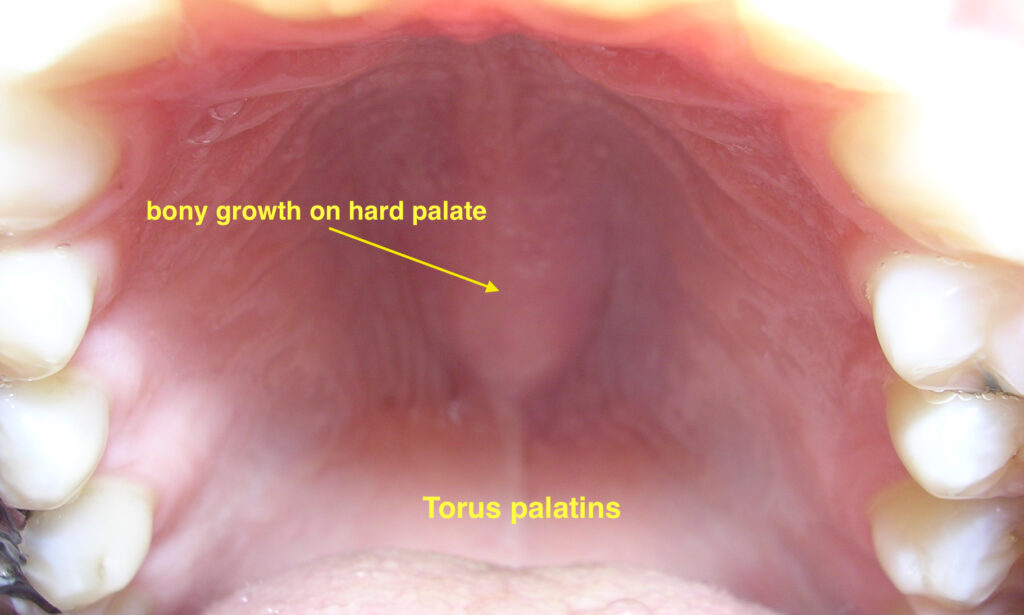Burning Tongue Syndrome, also known as Glossodynia, is a condition characterized by a persistent burning sensation on the tongue or other areas of the mouth. Despite its name, the discomfort is not always limited to the tongue and can affect the gums, lips, palate, or throat. This syndrome can significantly impact an individual’s quality of life, making it essential to understand its causes and explore available treatments.

Understanding Burning Tongue Syndrome
The hallmark symptom of this condition is a burning or tingling sensation that may feel like scalding or irritation. The sensation can range from mild to severe and may be constant or intermittent. Some individuals describe it as similar to the feeling after consuming something extremely spicy or acidic. While the exact cause of this syndrome remains unclear in many cases, several factors are believed to contribute to its development.
Symptoms Associated with Burning Tongue Syndrome
- A persistent burning sensation on the tongue or other oral tissues
- Dryness in the mouth, even if saliva production appears normal
- A metallic or bitter taste in the mouth
- Numbness or tingling in the affected areas
- In some cases, heightened sensitivity to certain foods or drinks
These symptoms can vary widely among individuals, and their intensity may fluctuate throughout the day. For some, the discomfort worsens as the day progresses, while others may experience relief during certain activities, such as eating or drinking.
Potential Causes of Burning Tongue Syndrome
Identifying the underlying cause of Burning Tongue Syndrome can be challenging, as it often involves multiple contributing factors. Below are some of the most common causes associated with this condition:
Hormonal Changes
Hormonal fluctuations, particularly in women, are frequently linked to Burning Tongue Syndrome. Menopause is one of the most notable triggers, as declining estrogen levels can lead to changes in oral tissues. Estrogen plays a crucial role in maintaining the health of the mucous membranes in the mouth, and its reduction may result in dryness and irritation.
Nutritional Deficiencies
Deficiencies in certain vitamins and minerals can contribute to the development of this condition. Key nutrients include:
- Vitamin B12: Essential for nerve health and red blood cell production
- Folate: Important for DNA synthesis and repair
- Iron: Necessary for oxygen transport and energy production
- Zinc: Plays a role in immune function and wound healing
When these nutrients are lacking, the oral tissues may become more susceptible to irritation and inflammation, leading to a burning sensation.
Dry Mouth
Saliva is vital for maintaining oral health, as it helps cleanse the mouth and protect against harmful bacteria. Conditions that reduce saliva production, such as Sjogren’s syndrome or the use of certain medications, can lead to dry mouth. This lack of moisture can irritate the oral tissues and exacerbate the symptoms of Burning Tongue Syndrome.
Gastroesophageal Reflux Disease
Gastroesophageal reflux disease, commonly referred to as acid reflux, occurs when stomach acid flows back into the esophagus and sometimes reaches the mouth. This acidic exposure can irritate the delicate tissues of the tongue and throat, causing a burning sensation.
Allergic Reactions or Sensitivities
Some individuals may experience Burning Tongue Syndrome due to allergies or sensitivities to certain foods, dental products, or oral care items. Ingredients such as sodium lauryl sulfate, found in many toothpaste brands, or flavorings in mouthwash can trigger irritation in sensitive individuals.
Neurological Factors
Damage or dysfunction in the nerves responsible for transmitting sensations from the mouth to the brain can also lead to this condition. Conditions such as diabetes, multiple sclerosis, or nerve injuries may disrupt normal nerve function, resulting in abnormal pain signals being sent to the brain.
Psychological Factors
Stress, anxiety, and depression have been linked to Burning Tongue Syndrome. These psychological conditions can influence how the body perceives pain and may amplify sensations of discomfort in the mouth. Additionally, chronic stress can weaken the immune system, making the oral tissues more vulnerable to irritation.
Treatment Options for Burning Tongue Syndrome
While there is no one-size-fits-all solution for this condition, various treatment approaches can help alleviate symptoms and improve quality of life. The choice of treatment often depends on the underlying cause and the severity of the symptoms.
Lifestyle Modifications
Making certain lifestyle changes can significantly reduce the discomfort associated with Burning Tongue Syndrome. These modifications include:
- Avoiding spicy, acidic, or overly salty foods that may irritate the mouth
- Switching to alcohol-free mouthwash and toothpaste without harsh chemicals
- Staying hydrated to prevent dry mouth
- Quitting smoking, as tobacco use can exacerbate symptoms
Dietary Adjustments
Addressing nutritional deficiencies through dietary changes or supplements can be beneficial. Incorporating foods rich in vitamin B12, folate, iron, and zinc into the diet may help restore balance and promote oral health. In some cases, healthcare providers may recommend specific supplements to address deficiencies.
Medications
Certain medications may be prescribed to manage symptoms or treat underlying conditions contributing to Burning Tongue Syndrome. These include:
- Topical anesthetics to numb the affected areas and provide temporary relief
- Antidepressants or anticonvulsants to modulate nerve activity and reduce pain
- Medications to stimulate saliva production in cases of dry mouth
Hormone Therapy
For individuals experiencing Burning Tongue Syndrome due to hormonal changes, hormone replacement therapy may be considered. This approach aims to restore estrogen levels and alleviate symptoms related to menopause or other hormonal imbalances.
Cognitive Behavioral Therapy
For those whose symptoms are influenced by psychological factors, cognitive behavioral therapy can be an effective treatment option. This form of therapy helps individuals develop coping strategies to manage stress, anxiety, and depression, which may, in turn, reduce the intensity of their symptoms.
Alternative Therapies
Some individuals find relief through alternative therapies, such as acupuncture or herbal remedies. While scientific evidence supporting these approaches is limited, they may offer additional options for those seeking complementary treatments.
When to Seek Medical Attention
If you experience persistent or worsening symptoms of Burning Tongue Syndrome, it is important to consult a healthcare professional. They can perform a thorough evaluation to identify potential underlying causes and recommend appropriate treatment options. Early intervention can help prevent complications and improve overall outcomes.
During your appointment, your healthcare provider may ask about your medical history, conduct a physical examination, and order diagnostic tests to rule out other conditions. Blood tests, for example, can help detect nutritional deficiencies or hormonal imbalances, while imaging studies may be used to assess nerve function.
Living with Burning Tongue Syndrome
While managing Burning Tongue Syndrome can be challenging, adopting a proactive approach to care can make a significant difference. By working closely with healthcare professionals and exploring various treatment options, individuals can find relief and regain control over their daily lives.
Support groups and online communities can also provide valuable resources and encouragement for those navigating this condition. Sharing experiences and tips with others who understand the challenges of Burning Tongue Syndrome can foster a sense of connection and empowerment.





